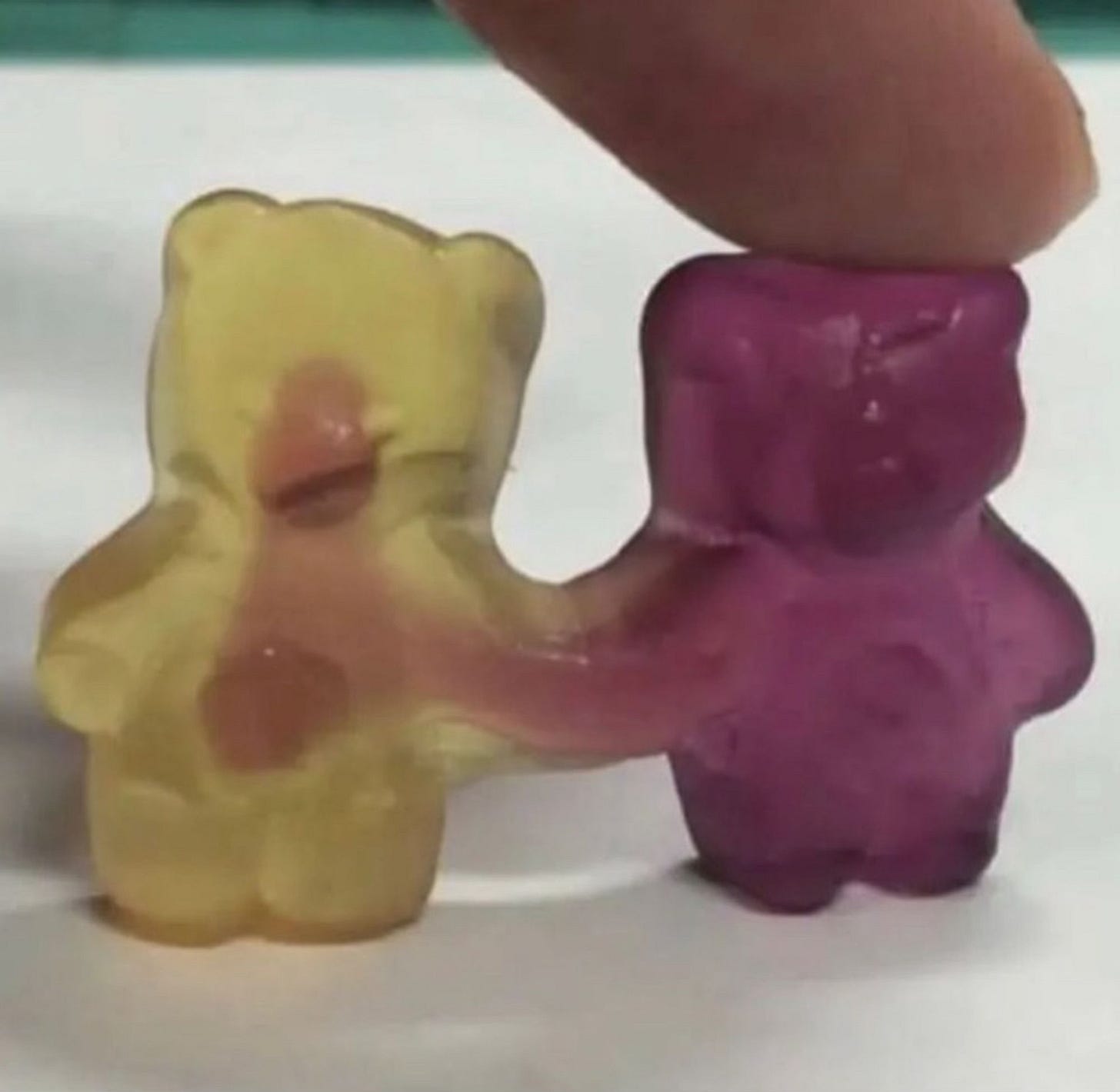In Defense of the 'Relatively Low Quality'
which come to think of it is more or less my whole project

I say “Tang,” you say “shi 詩.” I say “Song,” you say “ci 詞.” I say “Yuan,” you cough and shuffle your feet and mumble “qu 曲,” hoping I’ll hurry up and move on to the Ming-Qing part of the call-and-response, but no, not today. I’ve got a soft spot for sanqu 散曲, an overlooked little form from an embarrassing little dynasty. James Crump calls them “song-poems,” and I’ve used “ditties” in the past, just to distinguish them more strongly from cí lyrics, but the name doesn’t really matter; the main thing is that sanqu is a form that the nerds never got a chance to ruin.
Sanqu don’t get translated very often — fair enough, I guess; so many major things still need to be translated or retranslated that one can’t really complain about minor things getting sidelined. But I suspect another reason is that in translations from Chinese, a certain kind of unrhymed, unmetered verse (I think of it as “fifth-generation Gary Snyder photocopy”) has been hegemonic for the past forever, and a blank-verse translation of a sanqu would very quickly reveal all the shortcomings of that approach.1 Sometimes you really can’t get away with pretending the original didn’t rhyme!
醉太平 · 譏貪小利者
奪泥燕口,削鐵針頭,
刮金佛面細搜求:無中覓有。
鵪鶉嗉裏尋豌豆,鷺鷥腿上劈精肉,
蚊子腹內刳脂油 — 虧老先生下手!Anon. - The Grubber
(to ‘Zui taiping’)He’d snatch the mud from a swallow’s beak,
Shave iron from a pin, or peel
the gold leaf from a Buddha’s cheek —
Give him nothing and still he’ll find something to steal!
Peas from the crop of a quail,
Drumsticks from a stork,
The grease in a mosquito’s gut —
He’ll get it all. Just watch him work.
Even without reading Chinese, you can see that the meter here is much more varied than it is in Tang poetry. Speaking as a translator, it’s tremendously fun to find things that you can justifiably translate into Ogden Nash:
王和卿 - 長毛小狗
醜如驢,小如豬,
山海經檢遍了無尋處。
遍體渾身都是毛,我道你有似個成精物,
咬人的笤帚。Wang Heqing (late 13th c.) - On a Small Long-Haired Dog
This misbegotten little thing
Is nowhere to be found in the Shan-hai jing.
Ball of fur? Malevolent sprite?
Or dust-mop with a nasty bite?

This works great for humor. But it works great for other things, too: the language of sanqu is much closer to speech than anything else you’ll find in Chinese poetry, and it allows for a simplicity and plainness rare in other forms, as in this verse, written by Guan Daosheng 管道昇 (1262–1319) to her husband Zhao Mengfu:
…把一塊泥,捻一個你,塑一個我,
將咱兩個一起打破,用水調合,
再捻一個你,再塑一個我,
我泥中有你,你泥中有我。…The potter took clay:
he fashioned a you and he modeled a me —
Then smashed us together and mixed us with water,
fashioned another you and modeled another me,
so that in my clay would be you
and in yours would be me.

More coming soon.
On a housekeeping note, I’ve turned off paid subscriptions on this newsletter following the co-founder’s disappointingly disingenuous response to last week’s open letter. My sincere gratitude to everyone who had a subscription: I’m working on finding an alternative, but in the meantime I don’t want 10% of your money going to this platform.
Oh, fuck it, I'm feeling spicy: A boring, zero-value-added crib is not a translation, and I think most of the people translating from Chinese to English are not coming anywhere close to exhausting the possibilities of either of our languages. Leave your grad school trauma behind, wander the gardens of literature, maybe try a rhyme or risk an interpretation every now and then. Extend yourself, and try to share more of the pleasure the original brought you. We don't have to live like this!

That dog poem. 嘎嘎嘎
Amen. If you're not going to translate the poem as a poem, then a gloss would be fine.
What's going on with the relative sizes of animals? I would have thought pigs were bigger than dogs, or does 猪 specifically refer to a piglet?